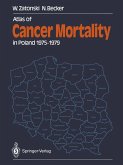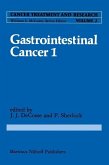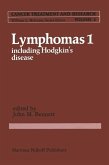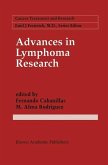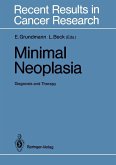No disease can exist by itself but rather each must be viewed as the result of some specific interaction between man and his environment. This fact is appreciated even by people in the most primitive of civilisations and prompts them to ask the basic question: 'Why did I develop this disease'? The astute clinician goes beyond establishing a diagnosis and asks similar questions of himself and his patient. Frequently a singular observation resulting from this type of inquiry provides the working hypothesis for the epidemiologist who again asks the same question, not of the individual but of a definable population at risk. As a science, epidemiology is bound to the laws of logic and statistics, but clearly it must go beyond this point. The epidemiologist faced with a statistic ally significant observation must also question" its biologic relevance. He must evaluate the consistency of his findings with the more estab lished features of the disease under study. He must also be sufficiently imaginative to challenge his results with additional studies, different in their methodologic approach; and, of great importance, he must have the courage to be wrong. But epidemiologic studies alone can never determine the specific aetiology of a disease. Other scientific disciplines with their own inherent limitations are also required. Thus, in cancer research, the laboratory investigator frequently employs animal models, but the applicability of results obtained to humans is always subject to question.
Dieser Download kann aus rechtlichen Gründen nur mit Rechnungsadresse in A, B, BG, CY, CZ, D, DK, EW, E, FIN, F, GR, HR, H, IRL, I, LT, L, LR, M, NL, PL, P, R, S, SLO, SK ausgeliefert werden.



